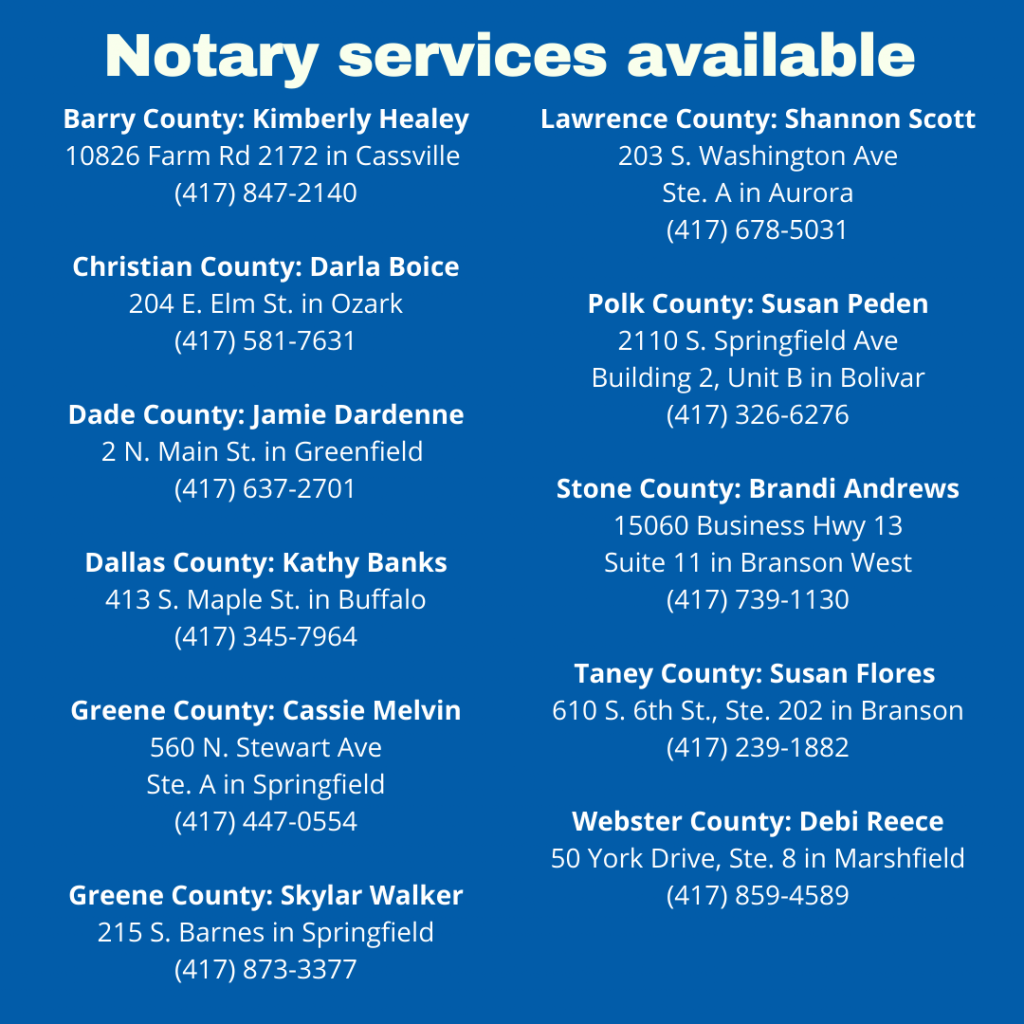The Power of Notaries: Exactly How Notarial Work Can Secure Your Lawful Papers
Value of Notarial Accreditation
Notarial accreditation plays a crucial duty in making sure the credibility and legality of essential documents. When a paper is notarized, a notary public verifies the identification of the signatories, confirms their desire to authorize the file, and guarantees they recognize the contents of the document (Notary). By fastening their official seal and trademark, the notary licenses that the individuals appearing before them are who they assert to be, and the record has been authorized willingly and without duress
This process includes a layer of security and reliability to the file, making it more credible and trustworthy in the eyes of the regulation. Notarial accreditation also aids prevent fraud and forgery by providing a clear trail of responsibility. In legal issues, such as property purchases, wills, powers of attorney, and business contracts, notarial accreditation is frequently a need to confirm the files and provide lawful result.
Sorts Of Lawful Documents Notarized

The application of notarial qualification encompasses a diverse variety of legal files that call for verification and recognition. One usual sort of legal record that typically calls for notarization is realty transactions. Notarized deeds, home loans, and property transfers offer an added layer of assurance and credibility to these significant economic agreements. In addition, wills and trust funds are crucial lawful records that are frequently notarized to ensure their credibility and credibility. By having these documents notarized, people can protect against conflicts and difficulties concerning the desires laid out in their estate planning.
In addition, powers of lawyer, which provide a person the lawful authority to act upon part of another individual, are frequently notarized to assure their legitimacy and enforceability. Affidavits, vouched declarations made under vow, likewise commonly need notarization to add reputation and validity to the declarations being made. Finally, numerous service files such as agreements, agreements, and company filings are regularly notarized to ensure their legitimacy and credibility in the eyes of the legislation.
Advantages of Registration
Making sure the credibility of legal records with notarization provides an essential layer of protection and integrity in numerous crucial deals. Registration offers a number of advantages that can significantly affect the validity and reliability of lawful documents. Notarized files are much more likely to be accepted by courts and other organizations as credible and genuine. This can quicken procedures such as probating wills, transferring actual estate titles, and executing company contracts, saving time and sources. Registration acts as a deterrent to fraud and forgery, as the presence of a notary public verifies the identities of the signatories and guarantees they are authorizing the record willingly and with full understanding of its components. In addition, notaries assist protect against coercion or pressure in the signing process, additional protecting the events entailed. On the whole, the advantages of notarization prolong past simple validation; Deceased Estate they impart confidence in the honesty and validity of crucial lawful transactions, making it an important tool in today's complex organization and lawful landscape.
Protecting Against Paper Tampering
By carrying out strict safety and security actions, record tampering can be successfully prevented. Among one of the most usual approaches to stop file tampering is via using tamper-evident technology. This technology consists of features such as special paper, watermarks, holograms, and security seals that make any type of unauthorized modifications quickly noticeable. Furthermore, using secure digital trademarks and electronic certificates can provide an additional layer of defense versus tampering.
One more efficient method to stop paper meddling is by saving physical records in safe and secure areas and limiting accessibility to accredited workers just. Deceased Estate. This can consist of maintaining papers in secured cabinets or safes and implementing strict accessibility control actions within the organization

Notary Public Vs. Online Registration
Notary public solutions offer a standard approach of validating the authenticity of lawful records, while online registration offers a effective and practical option in the digital age (Apostille). Notary publics are state-appointed officials that witness the finalizing of crucial documents, administer vows, and confirm the identifications of the signatures. Their stamp and trademark offer integrity and authenticity to the files they notarize, ensuring they hold up in court if challenged
On the other hand, on the internet notarization leverages innovation to streamline the notarization process. Through safe and secure online platforms, people can get in touch with a notary public via online video clip to confirm their identifications and indication papers digitally. This method uses benefit, especially for people that can not literally meet a notary public. However, problems concerning protection and scams avoidance exist in the on-line registration procedure, as ensuring the very same degree of verification and authentication as conventional notarization methods is crucial. Ultimately, the selection in between conventional notary civil services and on the internet registration depends upon private preferences and the particular demands of the legal document at hand.
Final Thought
To conclude, notarial job plays a crucial function in guarding lawful documents by providing a qualification of authenticity and preventing tampering. Notarization includes an extra layer of safety and security and reliability to important records, guaranteeing their legitimacy in legal matters. Whether via a standard Notary Public or online registration services, the power of notaries can not be underestimated in making sure the stability of lawful files.
When a paper is notarized, a notary public validates the identification of the notaries, validates their willingness to sign the document, and guarantees they are aware of the materials of the record. In legal issues, such as actual estate purchases, wills, powers of lawyer, and company arrangements, notarial qualification is frequently a demand to verify the documents and offer them lawful result.
Notary public solutions supply a standard method of validating the authenticity of legal files, while on-line registration uses a effective and practical alternative in the digital age. Ultimately, the choice in between standard notary public solutions and on the internet notarization depends on private choices and the certain needs of the legal document at hand.

Comments on “Apostille Refine Explained: Simplifying International Record Confirmation”